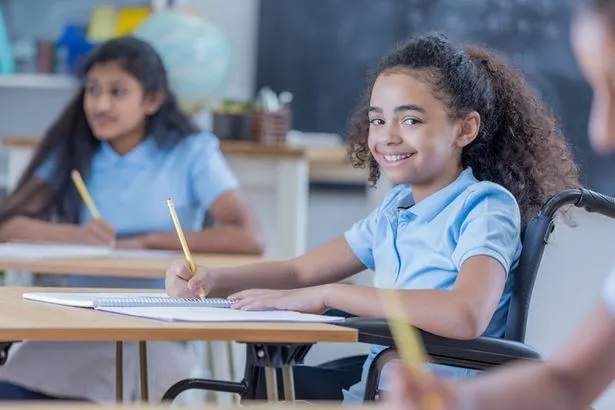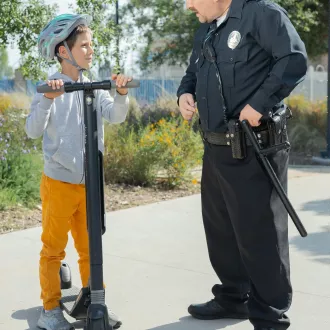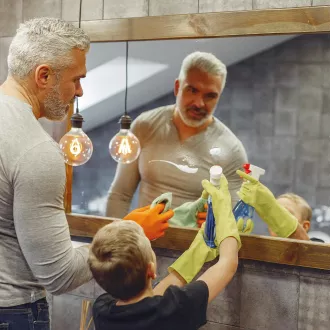Transcription Learning to feed independently
It is common that, as parents, we take on tasks that should correspond to our children, since we believe that our experience and training give us a significant advantage that can be useful for their interests. Helping our child in their tasks is not intrinsically negative; however, the really harmful attitude is that of limiting their autonomy and fostering a permanent dependence on us.
It is clear that there are activities that must be carried out with the help of parents until the child reaches a more advanced age, but this should not prevent parents from generally allowing their children to develop their own skills and face less controlled situations. Autonomy is a fundamental value and skill that we must instill in our children.
In this guide, we will address some of the most important aspects related to the role autonomy plays in the personal growth of children.
Supervised autonomy
It is essential to find a balance between giving our children the autonomy necessary for their personal development and adequate supervision to support them in this process. This balance is called **supervised autonomy**, which implies offering sufficient freedom for the child to try out his or her own abilities, while we remain in the background as observers, intervening only when absolutely necessary.
With supervised autonomy, we can continue to contribute our expertise without interfering with our children's progress, allowing them to advance at their own pace and practice their skills. If inconveniences arise during the activity, our intervention should be minimal, helping the child to continue without solving the problem for him. The idea is to recognize that our position is secondary, with our child always being the protagonist in the resolution of their conflicts.
Divide responsibilities
In the family environment, there are shared responsibilities and others that must be assigned to each individual. It is essential that your child has his own responsibilities and that he is the one who executes them and assumes the consequences of their results. In this way, he will learn to solve conflicts using his own resources and abilities.
Development also implies learning to face failures and adversities. The mistakes your child makes will become his best tools to learn and perfect his actions, allowing him to find new ways to perform and achieve the desired results.
Contributes to the development of their skills
Developing a skill requires stepping out of the comfort zone and exploring more complex and challenging terrain. By nature, we tend to stay in our comfort zone and protect ourselves from suffering, repeating actions that we feel safe and that do not present major problems. Therefore, it is your responsibility as a parent to help your child leave this comfort zone and begin to develop his or her skills and talents.
You must be able to identify the basic aspects that you can begin to develop in your child, based on his or her personal growth. Develop tasks and assign responsibilities that align with these goals. These tasks or responsibilities should progressively increase in complexity so that you can measure results and adjust activities as needed.
food autonomous




